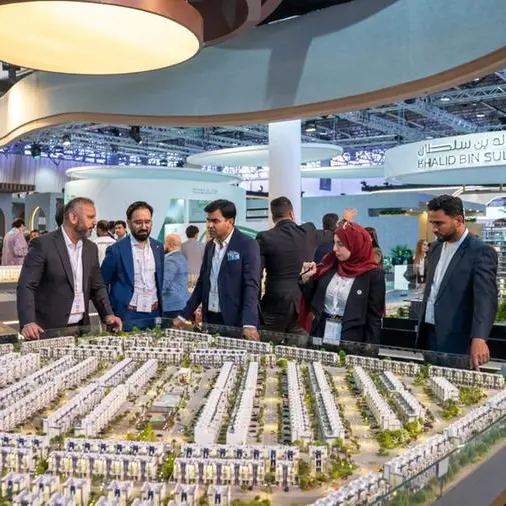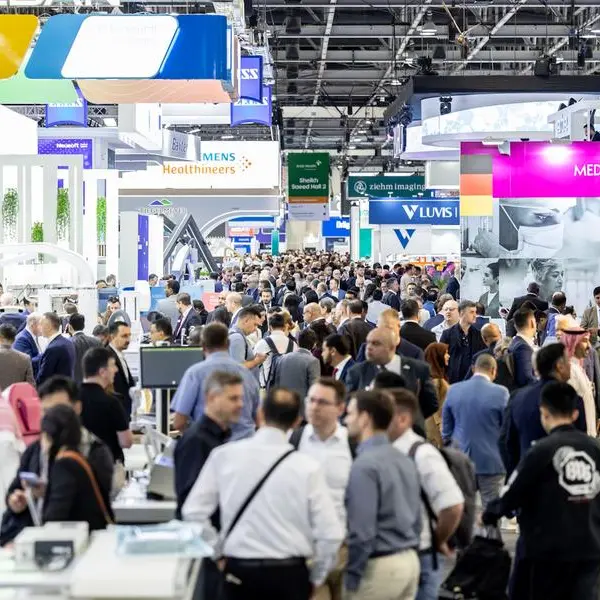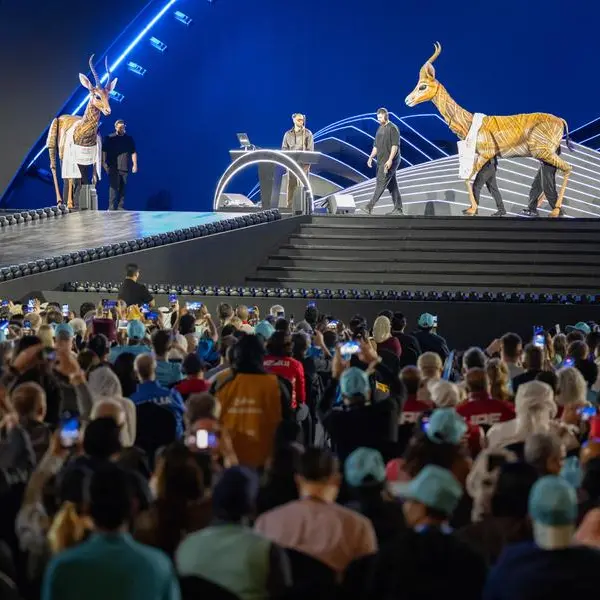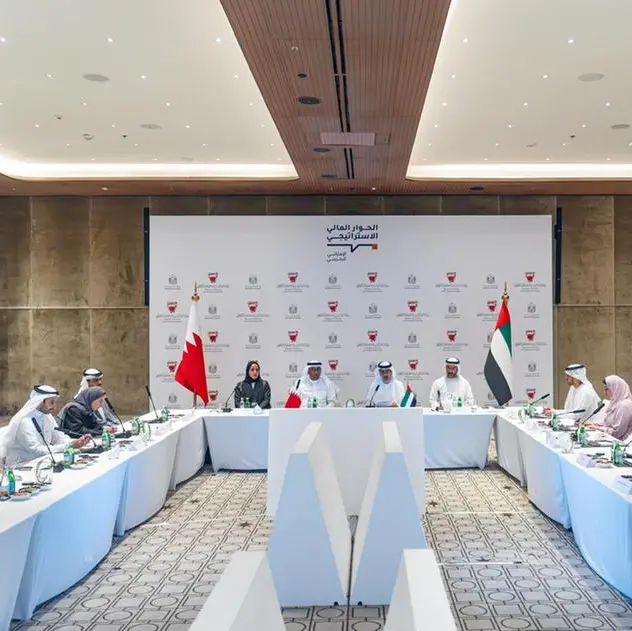PHOTO
Dubai, UAE: The Mohammed Bin Rashid Space Centre (MBRSC) today announced that the 43rd Annual International Society for Gravitational Physiology (ISGP) Meeting, being held for the first time ever in the Arab world and hosted by the Centre, is set to begin tomorrow at the Mohammed Bin Rashid University of Medicine and Health Sciences (MBRU) in Dubai.
The event, being held from May 27-30, will bring together eminent scientists, representatives from space agencies, young researchers, as well as students to foster an exchange of knowledge on the biological and physiological effects of gravity on living organisms. These studies are crucial to overcoming the challenges of long-duration space missions and enhancing our understanding of life beyond Earth. The meeting will further serve as a collaborative platform to announce new research and educational opportunities in the field.
H.E. Salem Humaid AlMarri, Director General, MBRSC said, “Hosting this year’s ISGP Annual Meeting is an extension of our continuing efforts to encourage the exchange of knowledge and foster scientific collaboration. We are dedicated to supporting such efforts and contributing to groundbreaking scientific advancements that propel human progress and expand the horizons of space exploration. We look forward to productive dialogues and impactful outcomes that will further solidify the UAE’s position as a global leader in space research.”
Adnan AlRais, Assistant Director General - Space Operations and Exploration Sector, MBRSC said, “This meeting represents a distinguished opportunity to elevate international cooperation in gravitational physiology. The gathering not only provides an opportunity for experts to share insights and discuss the latest research but also explore new avenues of investigation with local and international scientific communities. Furthermore, this aligns seamlessly with MBRSC's overarching mission and commitment to enhancing our understanding of space and its impact on life.”
Prof. Marc-Antoine Custaud, President of ISGP said, “The ISGP is delighted to unite the global scientific community for our 2024 annual meeting in Dubai. This year's assembly stands out with over 100 planned presentations, offering a platform for strengthening existing ties and sparking new collaborations. We are immensely grateful for MBRSC's invaluable support in making this event possible. The cordial hospitality and meticulously curated programme have already left us impressed. Our profound appreciation extends to MBRSC for their role in co-organising this event and to MBRU for hosting us at their university.”
The 4-day event will feature plenary sessions on topics like 'The Lunar Challenge: Lunar dust and the human being in Moon mission' and ‘LBNP as countermeasure’, along with presentation of papers on several topics, including SIRIUS and isolation studies, cardiovascular system, health and cellular function, among others.
There will also be sessions providing an overview of MBRSC, astronaut H.E. Dr. Sultan AlNeyadi’s 6-month mission to the International Space Station (ISS), and the Protein Crystal Growth experiment, which was proposed by a research team at the Mohammed Bin Rashid University of Medicine and Health Sciences in the UAE and conducted by H.E. AlNeyadi in space.
The event also features the Young Investigator Award, aimed at providing a platform for students and young researchers to present their studies in the field of gravitational physiology. Early career scientists have submitted 38 research abstracts for the Award, with the top 12, including two from the University of Sharjah, invited to present their work in plenary sessions to the conference attendees. These presentations will be judged by a panel of senior scientists from academia, industry, and space agencies. The award ceremony will occur on day 3 of the event.
Additionally, ISGP has built an early career commission where young scientists can connect and become involved in organising the award, social events, and other activities. The organisers are also providing a networking event on day 2 to support the growth and connection of young scientists within the field. Those interested in being involved in the commission can register to the ISGP free of charge at www.isgp-space.org.
-Ends-
For Media Queries:
MBRSC Media Team - mbrsc@quillmena.com
ABOUT MOHAMMED BIN RASHID SPACE CENTRE (MBSRC):
MBRSC is an advanced scientific and technological hub, responsible for making the UAE a world leader in space services and exploration.
Established in 2006, the Mohammed Bin Rashid Space Centre (MBRSC) started out with five engineers, who took it upon themselves to develop their capabilities and expand their knowledge in the field of space, relying on strong will and solid determination. Since then, the Centre has continued its journey to be the incubator of the UAE National Space Programme. The MBRSC is home to the UAE Satellite Programme, UAE Astronaut Programme, Mars 2117 Programme and Emirates Mars Mission, among others. Under its satellite programme, the Centre has built, developed, and operated several Earth observation satellites, including DubaiSat-1, DubaiSat-2 and KhalifaSat, the first satellite that was fully built by Emiratis in 2018. The Centre has also developed MBZ-SAT, the most advanced satellite in the region, which has been approved for launch no earlier than October 2024.
MBRSC is also developing the Emirates Airlock, a crew and science airlock module for the Gateway lunar space station, humanity's first international outpost to orbit the Moon. Additionally, the UAE will also be sending an Emirati astronaut on a Moon mission. Under the UAE Astronaut Programme, MBRSC currently has four astronauts, two of who have undertaken missions to the International Space Station, including the longest Arab space mission in history by H.E. Dr. Sultan Saif AlNeyadi. The Mars 2117 Programme includes the Emirates Lunar Mission, UAE Analog Programme and Space Ventures.




















